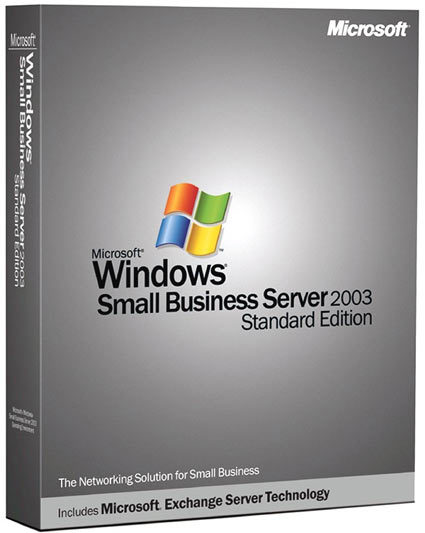The Best Platform For Small Business Server 2003
Building The Best SBS 2003 Platform
This piece could have very well been titled "Building Your Own Server on a Budget," but that name just doesn't capture the true essence of Microsoft's Windows Small Business Server 2003 software package. Microsoft designed the powerful system - a mix of Windows Server 2003, Exchange Server 2003, Sharepoint Services and more - for small organizations sensitive to cost constraints. However, SBS 2003 still requires an enterprise mindset when it comes to procuring hardware, planning a backup strategy, and implementing security.
Fortunately, today's technologies make it possible to build a beefy SBS 2003 machine without breaking the bank. In fact, evolutionary developments throughout the year have wholly improved the power band available to small businesses. You might even be surprised to learn that many sub-$1,000 servers are up to the task. Make no mistake - it's a great time to be involved with the SBS 2003 suite.
Understanding SBS' Limitations
There's a really good reason why Microsoft sells its Small Business Server package at a fraction of what each component costs individually - $599 in the case of SBS 2003 Standard Edition and $1,499 for the Premium Edition. In short, both versions are deliberately capped at a maximum of 75 users simultaneously logged onto the domain. Keep that in mind if your organization is already pushing an infrastructure where 60 or more people are on the network concurrently. Moreover, SBS won't recognize hardware configurations with more than two physical processors. It will work if you're using two Xeons with Hyper-Threading, though. As a side note to the more advanced administrators out there, you cannot place Terminal Services into application-sharing mode on an SBS 2003 machine. That's a change from SBS 2000, yes, but running in application-sharing mode on your domain controller presents too big of a security risk.
At the other end of the spectrum, it's also possible to under-power your SBS box, which is actually a forgivable mistake for unseasoned architects. After all, Microsoft's minimum requirements and recommended configuration are real blasts from the past. The bottom line is that you can get away using almost any modern platform, processor, and memory configuration and still fit within the scope of SBS. But with hardware prices as low as they are, the cost difference between mediocre and truly capable is pretty small at present. The right hardware decisions today will help stretch your budget, and maximize the useful life of your server.
Get Tom's Hardware's best news and in-depth reviews, straight to your inbox.
Current page: Building The Best SBS 2003 Platform
Next Page Navigating The Processor Landscape
